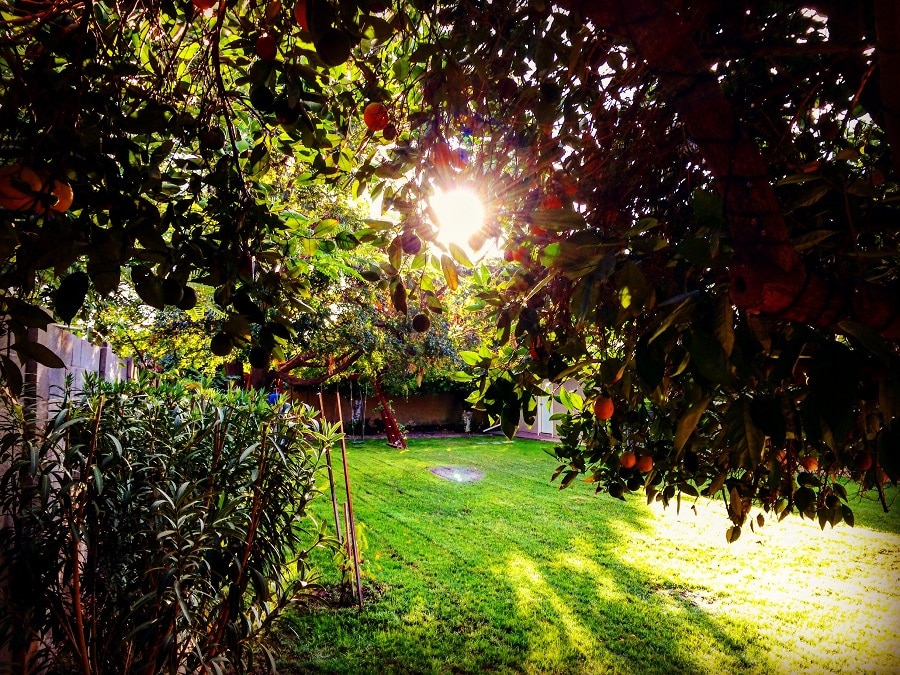A plant-based diet is a diet that consists of only plants and excludes all animal products, including eggs, dairy, and even honey. The diet includes fruit, vegetables, grains, legumes, and seeds. Vegans don’t eat any foods from animals or their byproducts. You might be wondering how this can benefit the environment? There are many ways!
Habitat Preservation

Raising animals to produce animal products takes a lot of land! Crops are grown to feed these animals, which take up land that could be for other things. For example, if you were to raise chickens on your farm, it would require a lot of space and resources! So, think about raising a farm of cows or pigs! It is said that the agricultural industry uses 70% of all fresh water in the United States. Not only do plant-based diets reduce or eliminate animal products, but they also reduce the amount of land for farming! The water used to grow food for the animals can now come straight to us!
Reduces Climate Change

Raising animals for food has been scientifically proven to be one of the leading causes of climate change. In fact, animal agriculture is responsible for 18% of greenhouse gas emissions worldwide, according to a United Nations Food and Agriculture Organization report. Animal product processing also releases carbon dioxide into the atmosphere when they are produced. When you switch to eating plant-based foods, your diet contributes less land use, reducing methane production by ruminants (animals with four stomachs).
Preserves Water

Plant-based foods use much less water than animal products. The amount of water it takes to produce just one pound of beef is roughly 15,415 gallons. In comparison, the average plant-based food requires only 25 gallons per pound! When you switch to a plant-based diet, your impact on our natural resources will reduce significantly, which can help preserve them for future generations. Water is a large issue in smaller, less developed countries as well. 70% of the Earth is water, but only 2.5% is freshwater! For example, in India, 90% of the available water is for agriculture.


